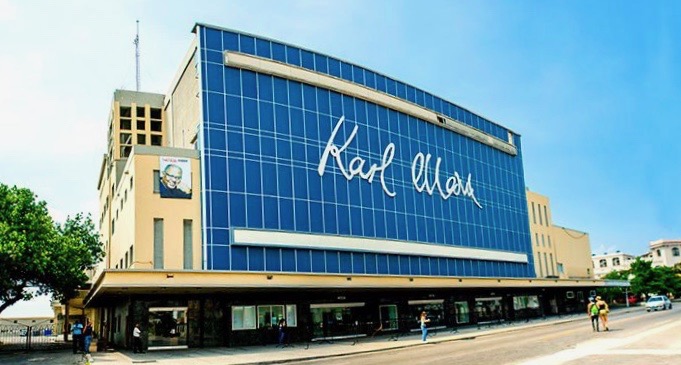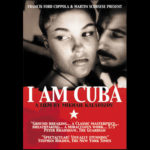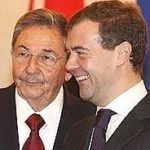
Cuba ready to resume links to Russian ‘kultura’
Nature abhors a vacuum, and when it comes to cultural and media exchanges, Cuba is ready to bring Russian values back to Cuba, as Washington turns its back on the island nation.
In Havana this week, Cuba’s Deputy Culture Minister Fernando Rojas expressed a strong desire for his country to resume and expand the links that existed before the Soviet Union was dissolved in 1991.
“In the 1960s and 1980s, Soviet-Cuban relations in the sphere of culture developed at a rapid pace,” Rojas told the news agency TASS’ correspondent Andrei Bekrenev. “Soviet Cinema Week was regularly held, many Russian Soviet books were published, and Soviet artists visited us often.
“Unfortunately, after the collapse of the Soviet Union, the Russo-Cuban cultural ties were sharply curtailed. Until the early 2000s there were very few exchanges in the cultural sphere,” he said.
Rojas believes that the revival of cooperation began in 2009, after President Raúl Castro’s visit to Russia, during which a major agreement on culture was signed.
“Now the relations between our countries are again at a very high level. We maintain constant contact with the Russian Ministry of Culture, Havana hosts the Russian Cinema Week, Cuban musicians and dancers perform in Russian cities and their Russian counterparts come to Cuba.”
Russia was the guest of honor at the 2010 International Book Fair in Havana and has attended it regularly since, Rojas pointed out, voicing his hope that the Russian language will again be taught in Cuba “as in Soviet times.”
“The works of Pushkin, Tolstoy and Dostoyevsky are better read in the original,” he told TASS.
At present, “we are discussing a commercial project to create the House of Cuba in Moscow, a cultural complex where Cuban artists could perform, but there are no specific agreements yet,” Rojas said. Another project is the opening of a branch in Havana of the Russian Museum, where works of art can be exhibited.
“In Soviet times, there were films produced jointly, such as ‘I Am Cuba,'” the deputy minister recalled. “We’re thinking about resuming this cooperation.”
Rojas lamented the fact that the blockade imposed by the United States half a century ago is causing enormous damage to Cuban culture because it “not only leads to material losses but also impedes cultural exchanges between peoples.” The Cuban Culture Ministry had reached an agreement with the Kennedy Center for the Performing Arts in Washington to stage “a big performance in May of this year, but now the question arises whether our artists will be able to obtain visas.”
The Cuban official made a favorable reference to the Russian television network RT (formerly Russia Today), whose Spanish-language news programs are seen on Cuban TV screens. Last November, the U.S. Justice Department forced RT to register as a “foreign agent” accusing it of being “a propaganda tool for the Kremlin.”
Photo at top: The Karl Marx Theater in Havana’s Miramar neighborhood.







